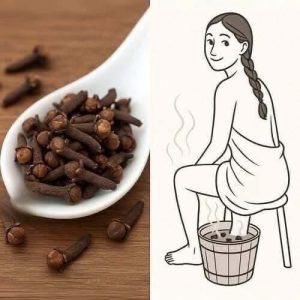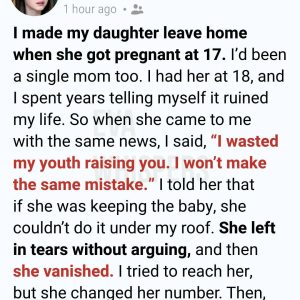Understanding the Causes of Drooling
Drooling is an involuntary process controlled by the autonomic nervous system. While occasional drooling is normal, frequent or excessive drooling in adults may indicate an underlying health concern. Several factors contribute to this condition:
- Mouth Breathing – Sleeping with an open mouth due to nasal congestion or other respiratory issues can lead to drooling.
- Stress and Fatigue – High levels of stress or exhaustion can affect muscle control, making it harder to keep saliva in the mouth.
- Sleeping Position – Sleeping on one’s side or stomach may cause saliva to escape due to gravity.
- Neurological and Medical Conditions – Persistent drooling in adults can be linked to conditions such as oral infections, facial paralysis, gastroesophageal reflux disease (GERD), Parkinson’s disease, cerebral thrombosis, or arteriosclerosis. In severe cases, excessive drooling may indicate neurological disorders affecting muscle coordination.
How to Reduce Nighttime Drooling
For most people, simple adjustments can help manage or reduce drooling:
- Adjust Sleeping Position – Sleeping on the back helps prevent saliva from pooling and leaking out of the mouth.
- Improve Oral Hygiene – Regular dental care reduces the risk of oral infections that may contribute to excess saliva production.
- Manage Allergies and Nasal Congestion – Clearing nasal passages can promote proper breathing through the nose, reducing the likelihood of drooling.
- Address Underlying Health Issues – If drooling is persistent and accompanied by other symptoms, consulting a doctor for a proper diagnosis is essential. In some cases, medications or therapies may help regulate saliva production.
When to Seek Medical Attention
While occasional drooling is harmless, persistent and excessive drooling should not be ignored, as it may signal an underlying health issue. As in Xiao Liang’s case, addressing the problem early can prevent more severe complications, such as strokes or neurological disorders. Anyone experiencing persistent drooling alongside other symptoms should consult a healthcare professional for evaluation and treatment.





